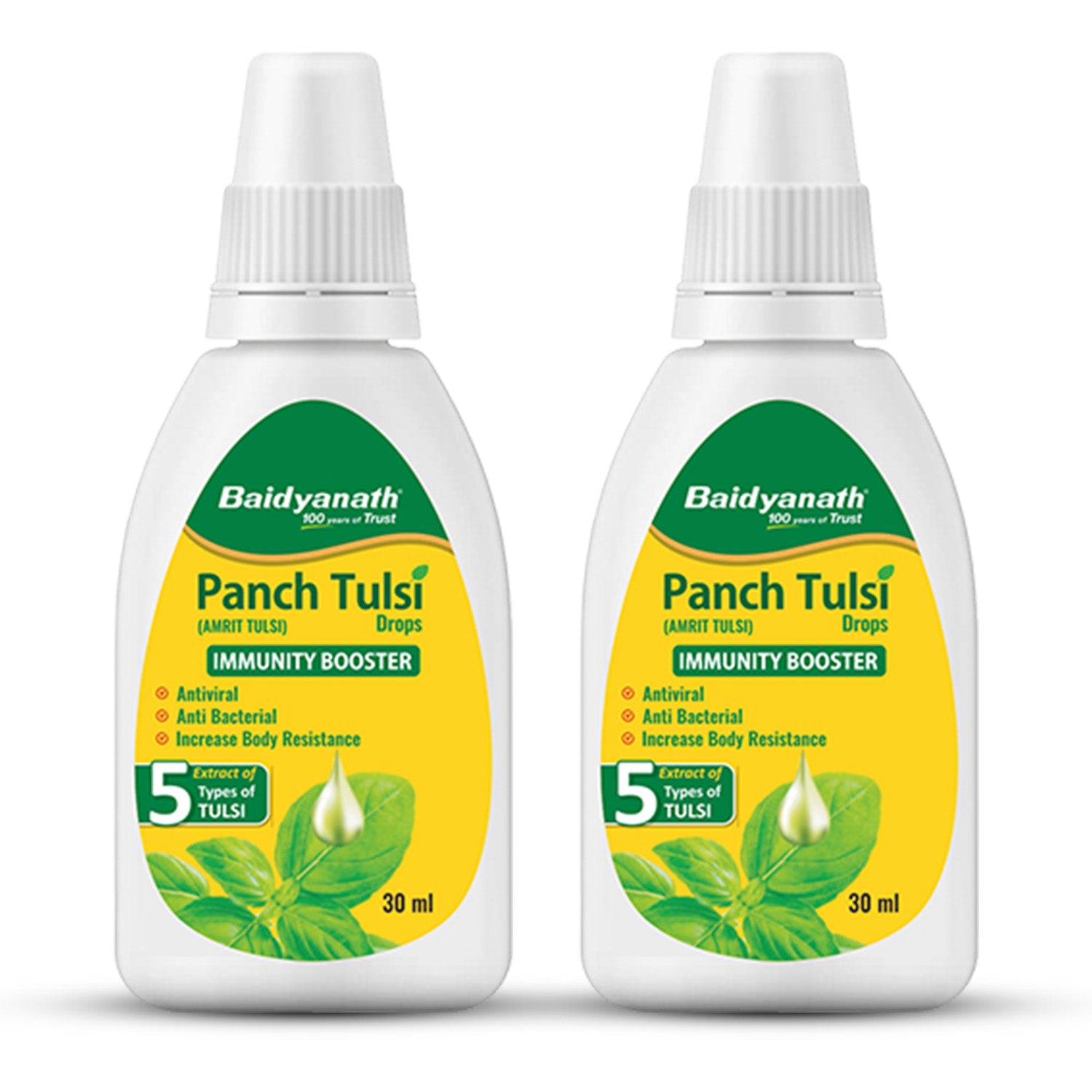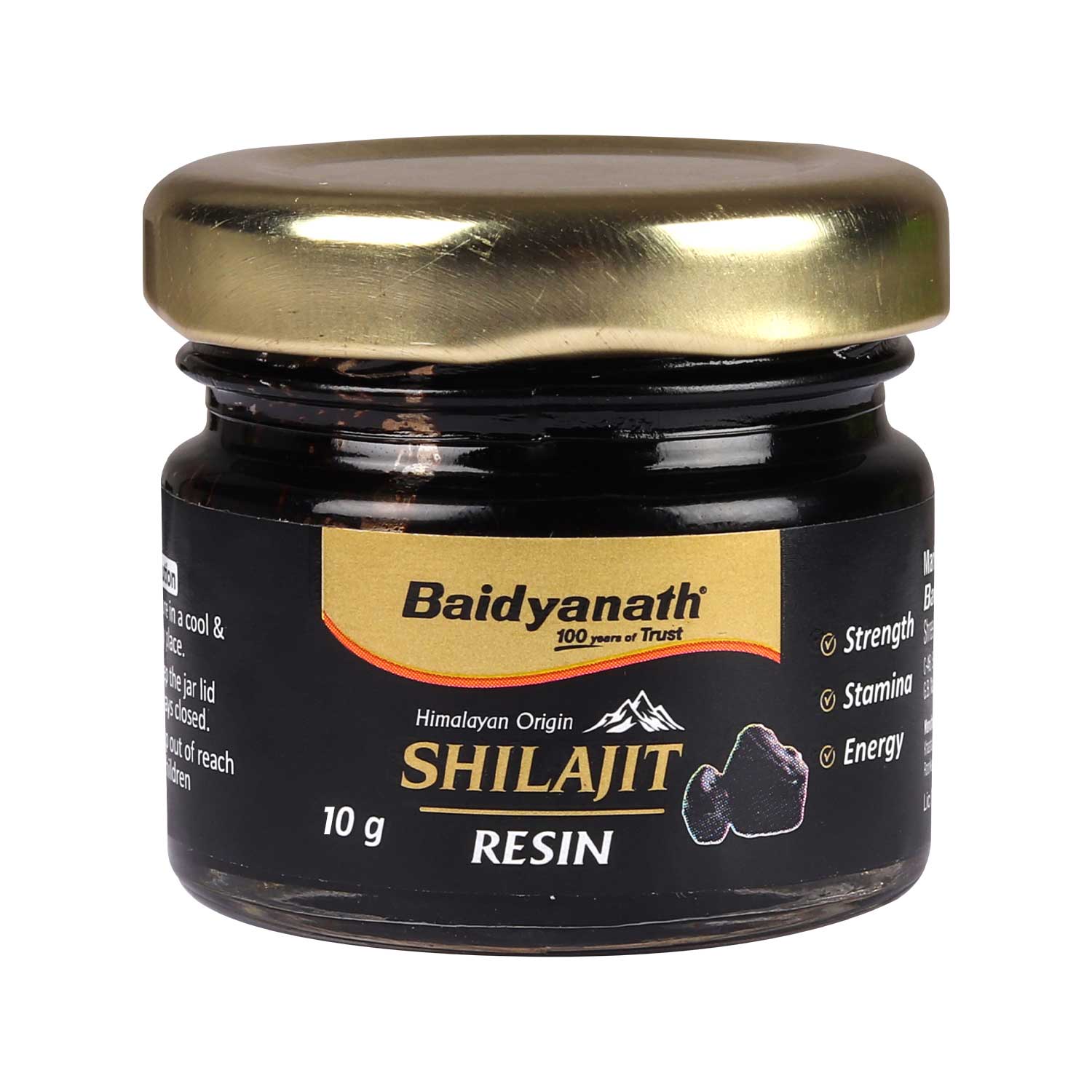How to Deal with Common Kidney Problems During the Winter Season

Our bodies undergo various adjustments as winter sets in and we embrace the change in weather. However, most kidney problems surface at this time. At this time of year, winter is coupled with very common lifestyle changes and cold temperature, and these usually lead to an increase in some kidney problems that can be unnoticed until they become critical. Kidney problems can develop serious long-term challenges, especially if not treated during winter. This blog shall highlight some of the significant common problems that affect the kidneys during winter and proffer some tips on their management.
1. Dehydration and Its Impact on Kidneys
During the winter months, it’s easy to overlook hydration. We often feel less thirsty in the cold, and the lack of warmth makes us less inclined to drink enough fluids. However, dehydration can severely affect kidney function. The kidneys rely on a constant supply of fluids to filter waste and toxins from the bloodstream. When the body is dehydrated, the kidneys have to work harder to do their job, and this can lead to kidney damage over time.
To avoid dehydration and protect your kidneys, make sure to drink water regularly, even if you don’t feel thirsty. It’s also important to avoid excessive consumption of caffeinated or alcoholic beverages, as they can cause dehydration. Precautions in the winter season should include drinking warm herbal teas, soups, or broths, which not only help keep you hydrated but also provide comfort during the cold weather.
2. Increased Risk of Urinary Tract Infections (UTIs)
 Winter is the time where women are more likely to suffer from urinary tract infections, otherwise known as UTI. One of the reasons is that cold weather causes a person to drink less, thereby having the sluggish urinary system. The feeling to pee is not much felt so the urine remains longer in the bladder which gives a better chance of having bacterial growth that can cause UTI.
Winter is the time where women are more likely to suffer from urinary tract infections, otherwise known as UTI. One of the reasons is that cold weather causes a person to drink less, thereby having the sluggish urinary system. The feeling to pee is not much felt so the urine remains longer in the bladder which gives a better chance of having bacterial growth that can cause UTI.
The best ways to keep off the Urinary tract infections during the winter months will include maintaining good hygiene, donning warm but air-permeable clothes, and keeping hydrated. It should be mentioned as well that for long periods holding urine can allow bacteria to breed in the urinary tract. Prevention of the kidney from problems in winter should include caring for the bladder, that is regular emptying of your bladder as soon as you feel it is full.
3. Kidney Stones Formation
Another reason as to why cold weather causes kidney stones formation is that people usually drink less water, and dehydration will concentrate urine, increasing the chance of minerals and salts getting conjoined to form stones in the kidneys. Many people also indulge in heavier meals during winter, and these meals had lots of salts, and it does add to the kidney stones.
To reduce the incidence of stones, staying hydrated, avoiding salt-rich and oxalate-rich foods like processed food, spinach, and nuts can be very beneficial. The other easy way is to take warm water at intervals within a day, especially in winter, to keep the functioning of kidneys efficient. To keep safe from kidney stones, you should increase water intake and minimize high salt and oxalate-rich foods.
4. Hypertension and Kidney Function
The common disease hypertension (high blood pressure) aggravates in the winter. This is due to the constricting effect of cold weather on blood vessels that elevate blood pressure, thus increasing the workload on the kidneys. If unchecked, this effect will damage the kidneys later on and lead to kidney failures. Maintaining blood pressure during the winter months becomes very important for kidney health.
Regularly check your blood pressure during winters, eat a balanced diet mostly made of fruits, vegetables, and whole grain, and reduce salt intake to avoid excessive consumption. Do regular exercises even in the harshest weather conditions as this supports blood pressure control. Healthy weight, decreased intake of alcohol, all this can help in good kidney functioning. Precautions in winter season include wrapping up well to keep warm because shivering and cold may cause a rise in blood pressure.
5. Gout and Kidney Complications
Gout is a kind of arthritis that occurs when uric acid builds up in the bloodstream and manifests in crystals within the joints. With the cold and limited movement, winter aggravates this condition. Other than the joints, gout attacks can also have kidneys affected, such that with time the excess uric acid can cause kidney stones up to kidney failure.Gout would mean hydration, as it easily flushes out uric acid if it is high in the body. Not to mention; you could abide by avoiding purines. Red meat, shellfish, and alcohol are quite the typical sources to raise uric acid levels. Staying active, maintaining an ideal weight, and taking medications as prescribed could benefit gout management during winter while at the same time reducing the risks of kidney failure during winter months.
6. Chronic Kidney Disease (CKD) Complications
 Winter is the time when dealing with Chronic Kidney Disease (CKD) becomes even more difficult. Cold weather also aggravates kidney problems as it reduces blood flow to the kidney, and this might even worsen symptoms of CKD. So, during winter, there are also changes in diet and activity levels that make it difficult to manage CKD even more.
Winter is the time when dealing with Chronic Kidney Disease (CKD) becomes even more difficult. Cold weather also aggravates kidney problems as it reduces blood flow to the kidney, and this might even worsen symptoms of CKD. So, during winter, there are also changes in diet and activity levels that make it difficult to manage CKD even more.
To avoid complications of CKD during winter, it is important to keep warm, as well as be hydrated, and continue following the treatment plan of your healthcare provider. Such may include things like taking regular blood pressure measurements, not ingesting too much salt, and controlling other underlying conditions such as diabetes. Regular check-ups for heart patients can be used to monitor kidney function and adjust treatment.
7. Hypothermia and Reduced Kidney Function
Hypothermia, as put, means an abnormally low degree of body temperature. It can cause hazardous damage in kidney performance on the other hand. The body is kept well through very cold conditions as blood vessels shrink down. The perfusion of the internal organs, particularly kidney perfusion, is diminished. The reason for poor perfusion brings kidney injuries, especially in cases where the patient is already suffering from kidney diseases.
During winter, preventing hypothermia and ensuring the proper function of the kidney are achieved by wearing layered clothing which prevents the body from being overexposed to extremely low temperatures for long periods. Warm clothing items such as hats, gloves, and socks help maintain the body's temperature and ensure that blood flow to the kidneys remains intact. If you are spending time outdoors, especially in freezing conditions, make sure to take several breaks in warmer environments to avoid hypothermia.
Conclusion
All year round, kidney health is crucial, however, winter comes with its specific hindrances to kidney functioning. Thus, during the winter months, kidney problems worsen due to many things like dehydration, and that increases risk of kidney stones and UTIs. Having said all, a little vigilance in the winter season-by keeping hydrated, avoiding extreme cold, and taking a kidney-friendly diet-can be quite effective in protecting your kidneys from all winter-related problems.
In case you worry about the kidneys, it seems prudent to visit a healthcare provider who could offer personalized advice and assist in managing winter kidney health more efficiently. However, intensive attention to hydration, proper nutrition, and background health conditions would go a long way in preserving kidney function in winter. Don't forget: today, you take care of your kidneys; tomorrow, take care of your healthy self.
Most Searches: Baidyanath, immunity booster, musli pak, ashwagandharishta, khadirarishta, baidyanath sex medicine, baidyanath shilajit, dadurin lotion, baidyanath chyawanprash, dashmularishta, medohar guggulu, karela jamun juice.
No comments











0 comments